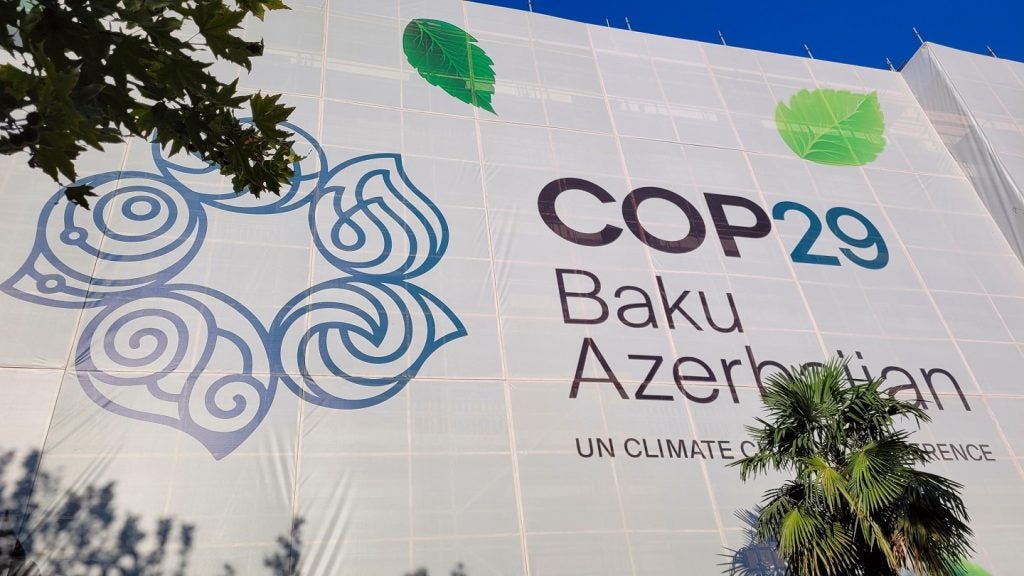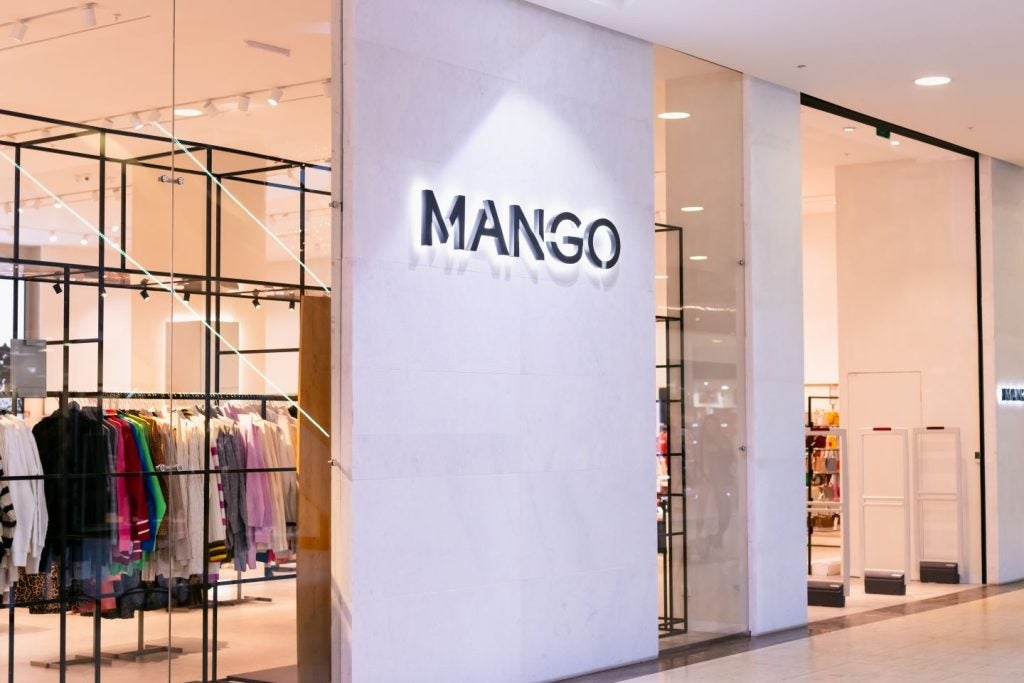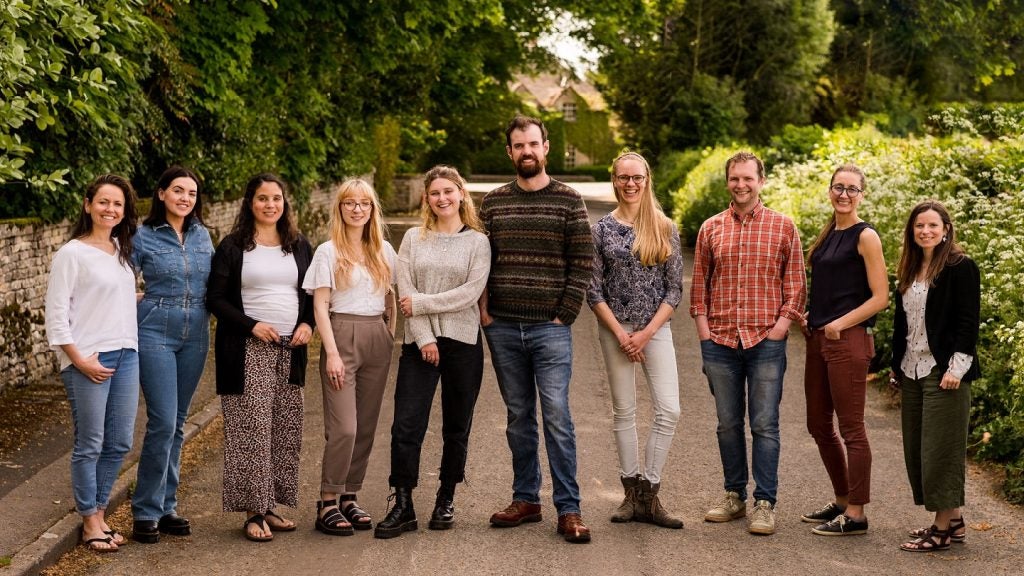The organisation, which supports over two million farmers worldwide, is advocating for a substantial new financial commitment from developed countries to bolster climate efforts in lower-income nations.
Central to its message is the empowerment of farmers, enabling them to withstand the impacts of climate change but also take a leadership role in advancing sustainable agriculture practices.
Research backed by Better Cotton warns that by 2040, half of the global cotton-growing areas will be exposed to severe climate risks, including floods, droughts, and wildfires. Some regions may face up to seven different climate-related hazards, with the most extreme scenario seeing all cotton-producing regions affected.
Better Cotton is showcasing the tangible benefits of implementing sustainability standards. For instance, the organisation’s ‘Impact Fund’, launched in July this year, is designed to expedite field-level sustainability and climate resilience efforts in cotton-growing regions, starting with communities in India.
Additionally, the organisation is involved in the ‘Unlock Programme’, which aims to address the challenges of reducing carbon emissions in cotton production and raw material sourcing.
Better Cotton impact director Lars van Doremalen said: "Farmers are on the frontline of climate change and their voices cannot be relegated to the sideline.
"Standards like Better Cotton have the power to unlock far-reaching impact and enable businesses to accelerate climate progress. We must not leave the farming communities to face the full force of climate change alone."
Despite their significant role in global agriculture, smallholder farmers currently receive a mere 0.8% of the global climate finance, those cultivating cotton are expected to get even smaller portion of the funding.
According to International Fund for Agricultural Development (IFAD), smallholder farmers require $75bn annually to adapt effectively to climate change impacts.
Better Cotton’s call to action aligns with its collaboration with the International Organisation for Standardisation (ISO) and other bodies to introduce the inaugural Standards Pavilion at COP29.
Recently, Better Cotton partnered with The Cotton Textiles Export Promotion Council (TEXPROCIL) to elevate the global profile of Indian home-grown, high-quality cotton.















